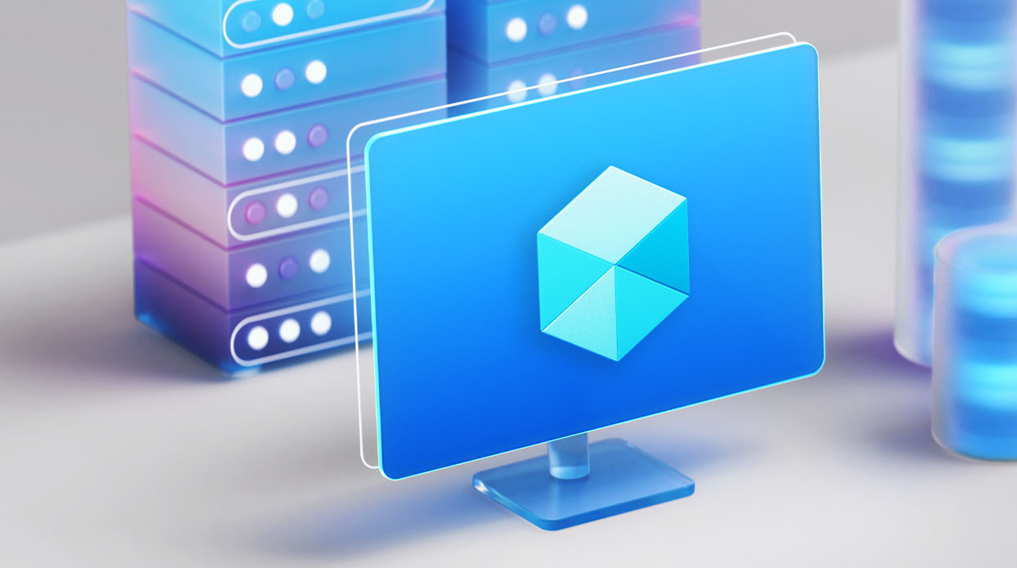Developers are interested in creating customized AI solutions as quickly as possible, which is why it's important to read this informative blog post. In it, Microsoft announces it has made several updates to its notable Phi-3 family of small language models that allow developers to easily generate solutions with greater choice and flexibility while leveraging the Azure AI toolchain.
If you're ready to get your solution started, reach out to the Microsoft experts at Synergi Data & Communications for more information and a free demo.
What is Phi-3 fine-tuning?
Phi-3 fine-tuning allows developers to customize the Phi-3-mini and Phi-3-medium models using their own data. This process helps in building AI experiences that are more relevant to users while maintaining performance. The fine-tuning is designed to be serverless, enabling quick customization for both cloud and edge scenarios without the need for extensive compute resources.
How does Azure AI support model customization?
Azure AI provides a robust toolchain that includes serverless endpoints for models like Phi-3-small and Phi-3-vision, allowing developers to start AI development without managing infrastructure. Additionally, Azure AI has over 1,600 models available, offering a wide selection to meet various cost, latency, and design needs. This flexibility enables organizations to tailor AI solutions to their specific business requirements.
What improvements have been made to Phi-3 models?
Recent updates to the Phi-3 models have led to significant improvements in core quality, instruction-following, and structured output. For instance, the instruction-following capability improved from 5.7 to 6.0 in extra hard tasks. Additionally, Microsoft has implemented a 'break-fix' approach to enhance safety, resulting in a 75% reduction in harmful content and improved performance on responsible AI benchmarks.




